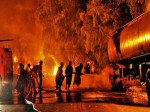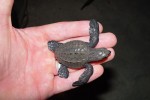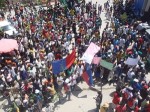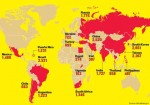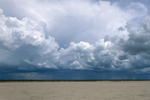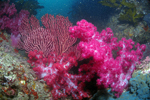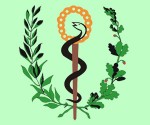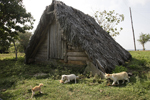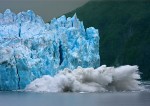Deadly Denim
By Staff, International Labor Rights Forum. Two separate fires in Pakistan killed more than 300 trapped workers: 289 workers in a Karachi apparel factory (sweatshop) and 25 workers in a Lahore shoe factory on Tuesday September 11, 2012. National Trade Union Federation of Pakistan (NTUF) leader Nasir Mansoor called this the “darkest and saddest day in the history of Pakistan’s labor movement.” The fires are considered to be the logical result of the low prices buyers offer the factories and the quick deliveries they demand.
Continue reading →
